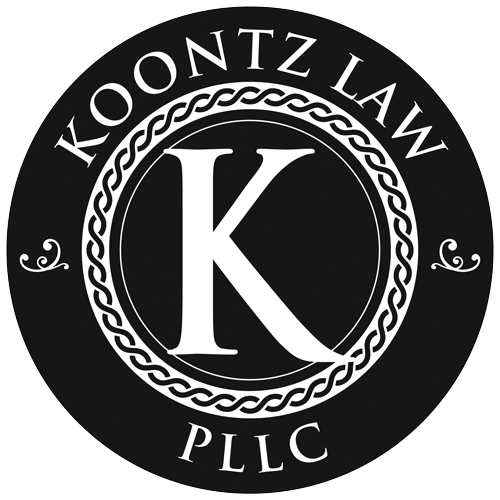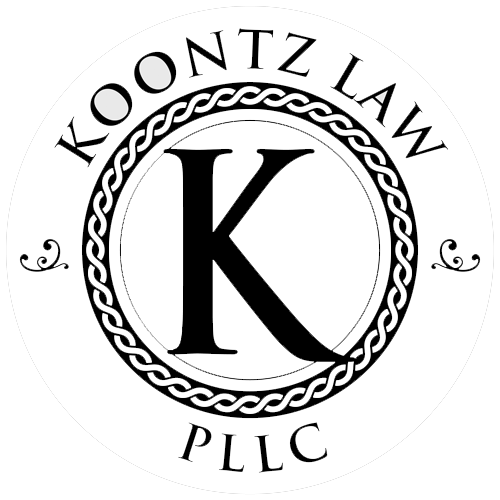Understanding the Impact of Divorce on Family-Owned Businesses
Divorce is a challenging process, and its complexity increases when a family-owned business is involved. In North Carolina, the equitable distribution of marital assets often includes evaluating and dividing the interests in a business. Whether you are a business owner or share ownership with a spouse, understanding the potential impacts of divorce on your family-owned business is essential to protecting your interests and preserving the business’s future.
Is the Business a Marital Asset?
One of the first steps in addressing a family-owned business during a divorce is determining whether it is considered marital or separate property.
Marital Property: If the business was established during the marriage or its growth occurred significantly due to marital contributions, it is likely classified as marital property subject to division.
Separate Property: If the business was owned by one spouse prior to the marriage and its growth was independent of marital efforts or resources, it may be classified as separate property.
However, even a separate property business can become partially marital if marital funds or efforts were used to enhance its value.
Valuing the Business
Once it’s determined that the business is part of the marital estate, the next step is to assess its value. Business valuation typically involves a detailed review of financial records, assets, liabilities, and market conditions. This process often requires professional appraisals to ensure an accurate and fair valuation.
Valuation is a critical step because it influences decisions about how the business will be treated during the equitable distribution process. The valuation may also affect alimony and other financial arrangements.
Division Options for Family-Owned Businesses
When it comes to dividing a family-owned business, there are typically three primary options:
One Spouse Buys Out the Other: One spouse retains ownership of the business by compensating the other for their share of its value. This is a common solution, particularly if one spouse is more involved in the business's operations.
Sell the Business: If neither spouse can afford a buyout or both agree to part ways with the business, selling it and dividing the proceeds may be the best option.
Continue as Co-Owners: In rare cases, divorcing spouses may decide to remain business partners. This approach requires a high degree of cooperation and clear legal agreements to avoid future conflicts.
Protecting the Business Before Divorce
Business owners can take proactive steps to mitigate the potential impact of divorce. For example:
Prenuptial or Postnuptial Agreements: These agreements can establish how the business will be treated in the event of a divorce.
Operating Agreements: If the business involves other partners or shareholders, an operating agreement can outline what happens to ownership interests in the event of a divorce.
Separate Business Finances: Keeping business and personal finances distinct helps prevent disputes over whether the business is marital property.
Moving Forward
Divorce involving a family-owned business is rarely straightforward, but with the right legal guidance, you can work toward an equitable resolution. Understanding the classification, valuation, and division options for the business is essential to preserving its legacy and ensuring a fair outcome for both parties.
Koontz Law, PLLC: Guiding You Through Complex Divorce Matters
At Koontz Law, PLLC, we understand the intricacies of family law and the unique challenges posed by family-owned businesses during divorce. Our team is committed to helping you navigate these complexities with clarity and care. Contact us today to schedule a consultation and let us support you in protecting what matters most.










Request a Consultation
For more information or to receive a consultation, call us at (336) 751-6235 or complete the form.
Contact Us
We will get back to you as soon as possible.
Please try again later.

